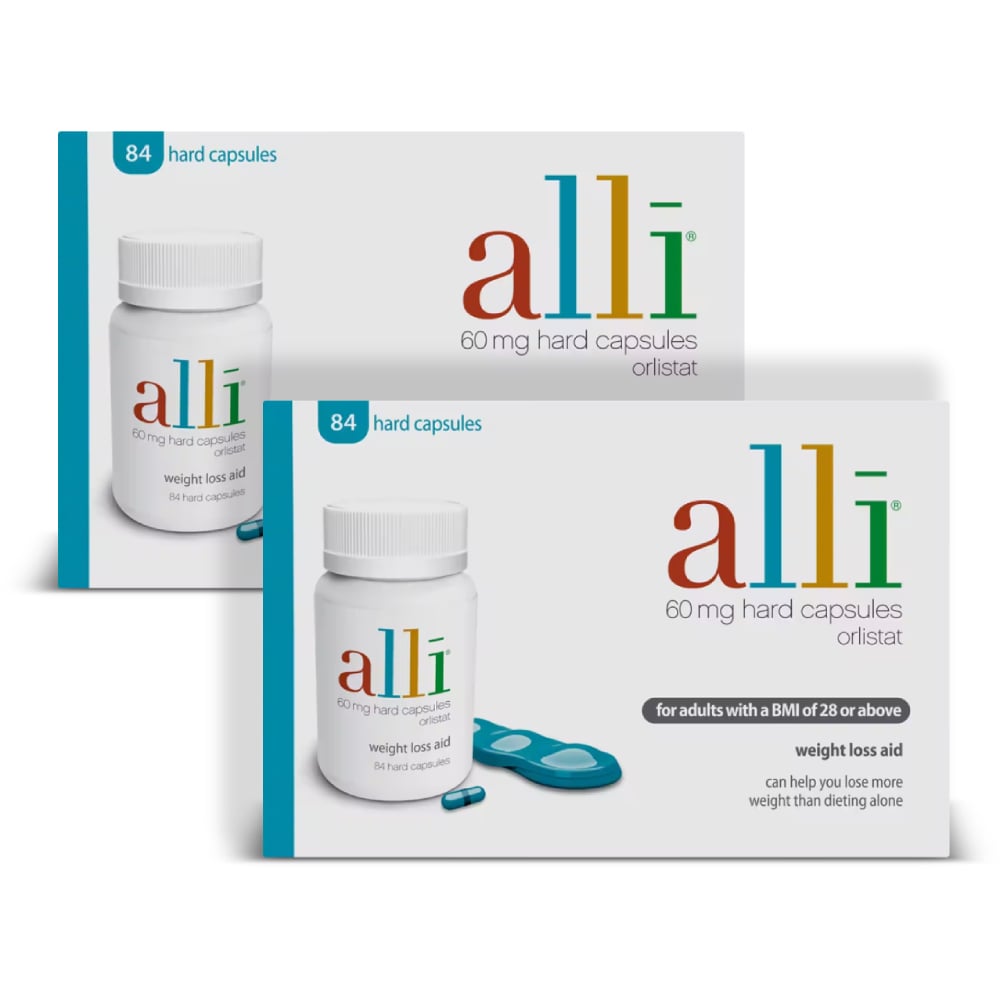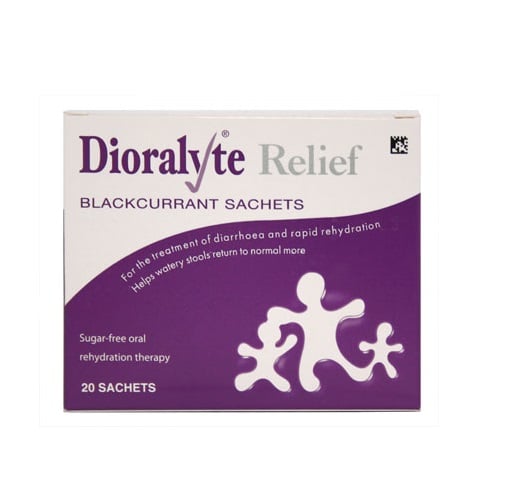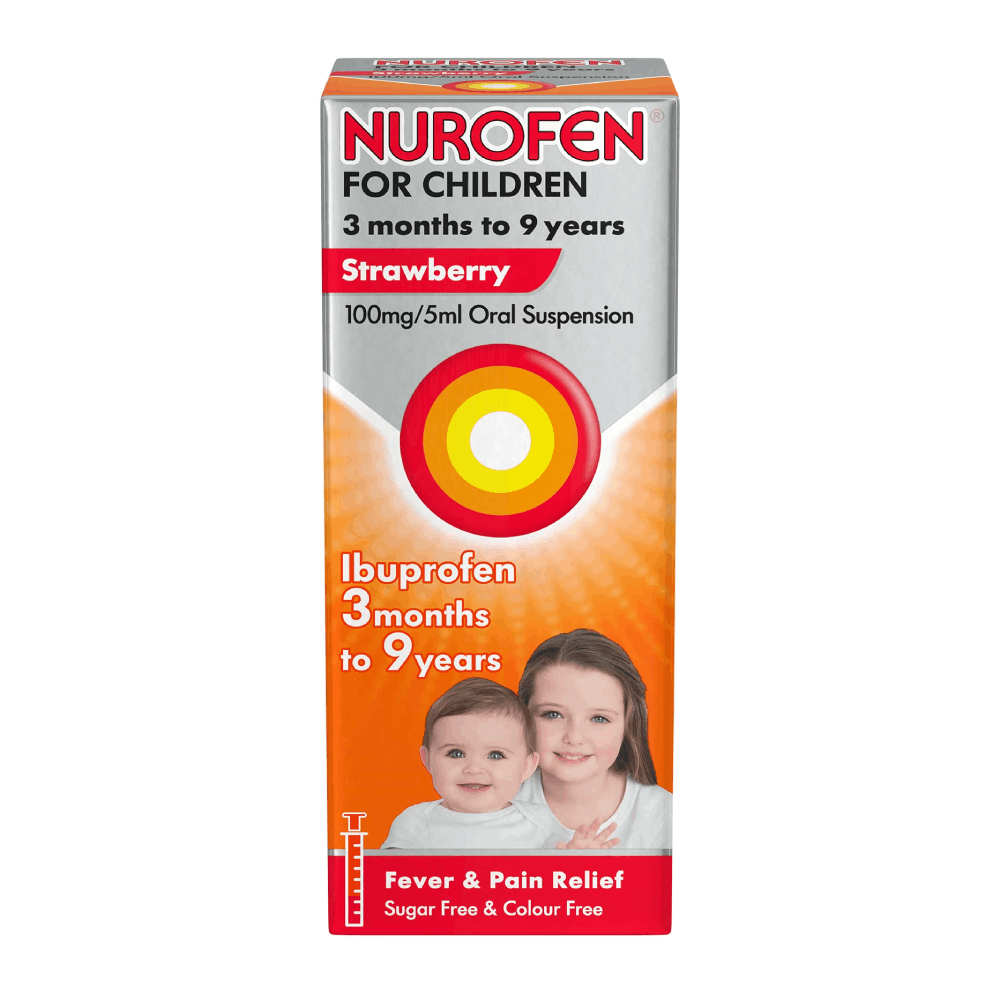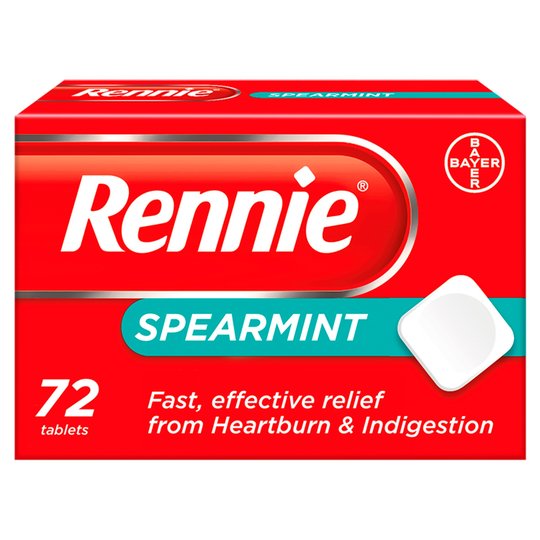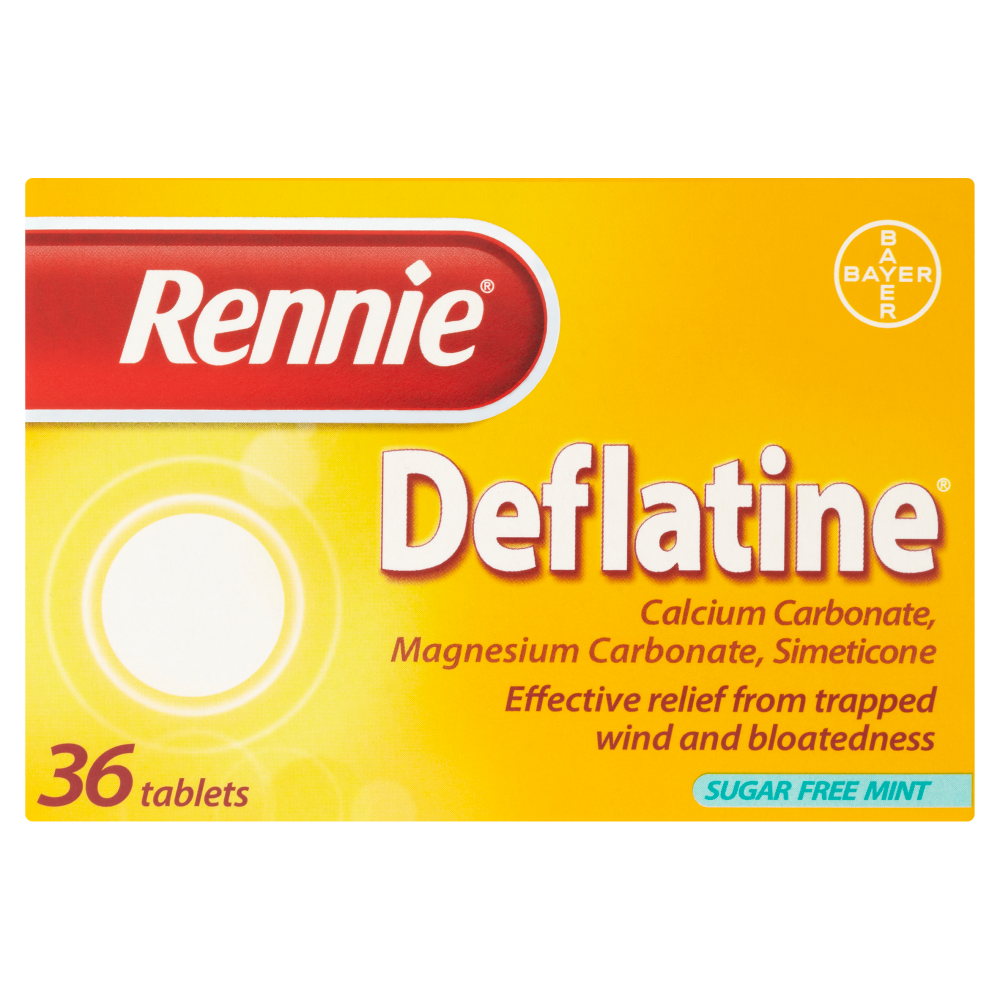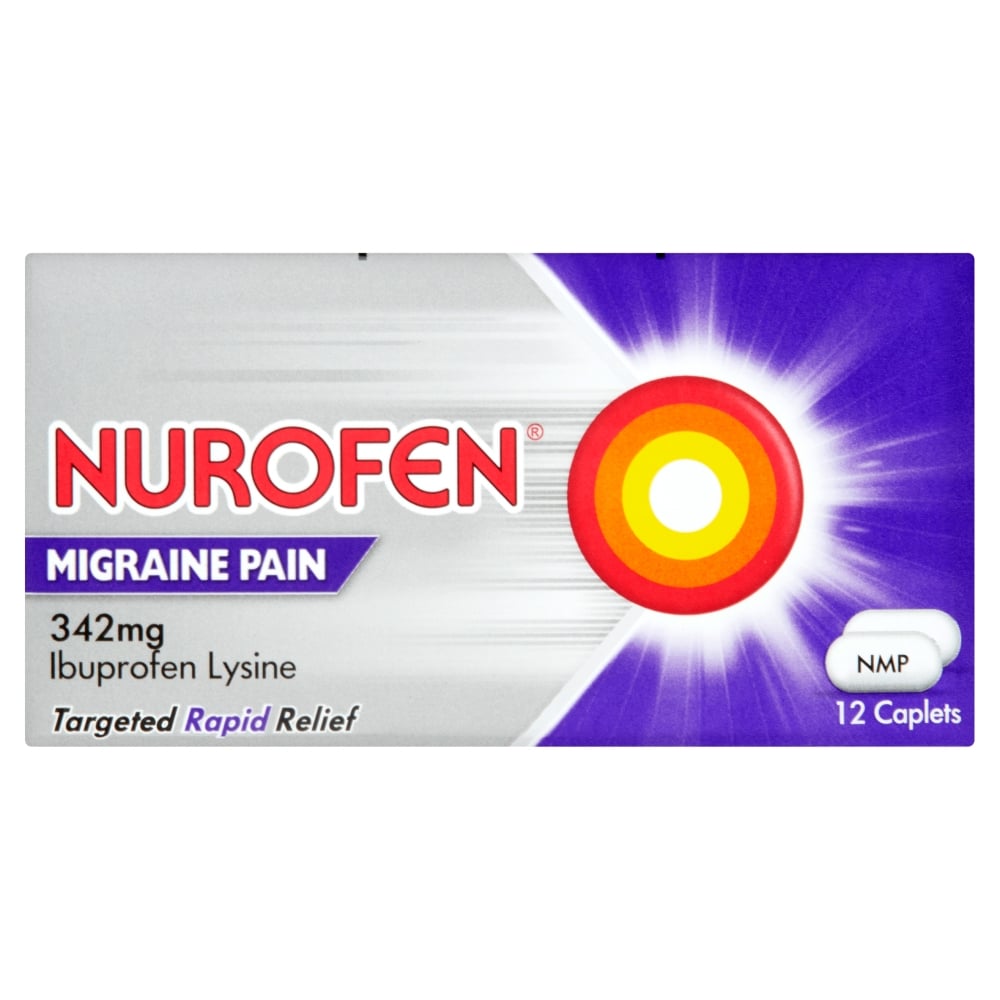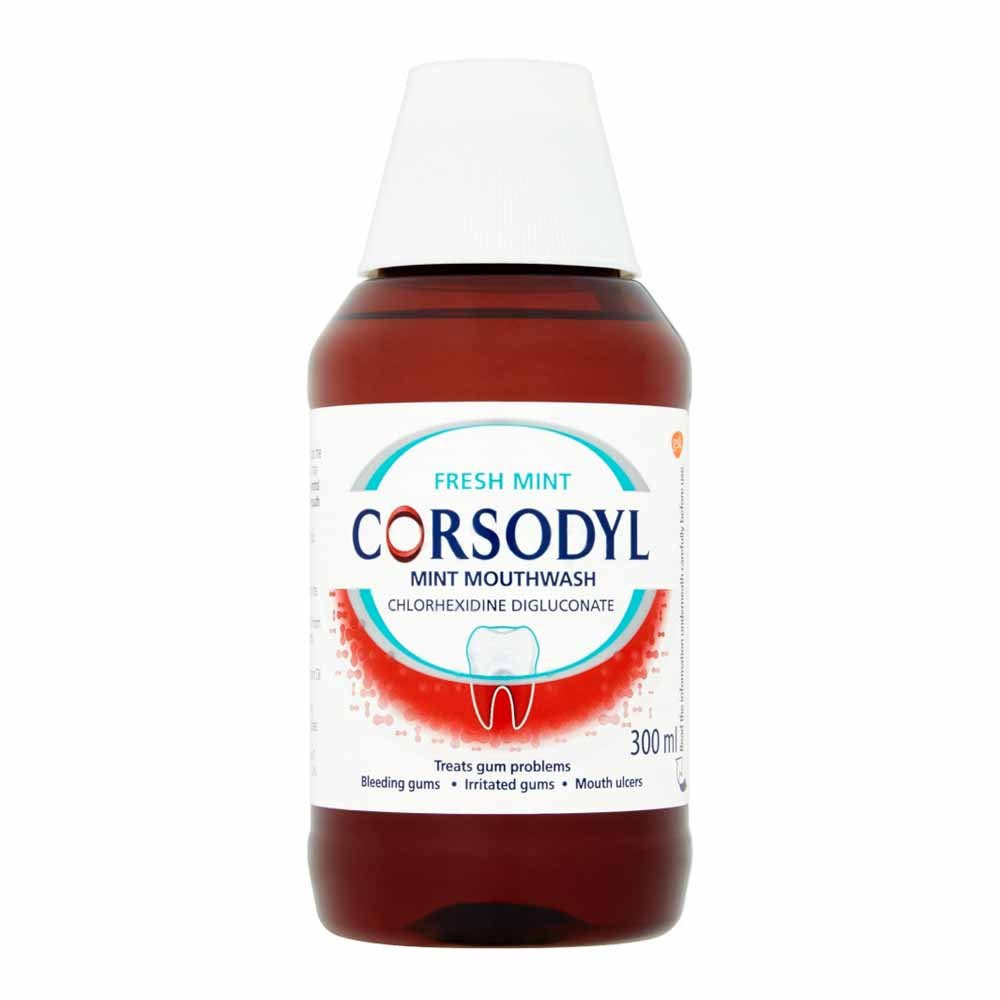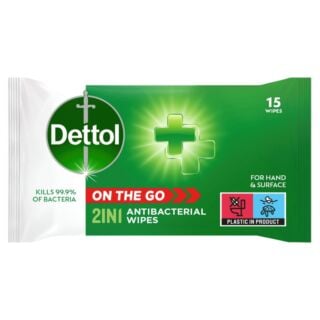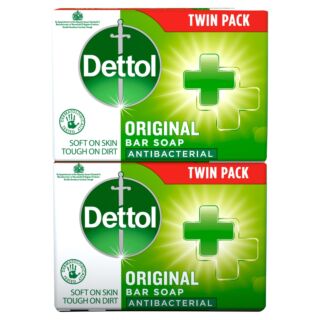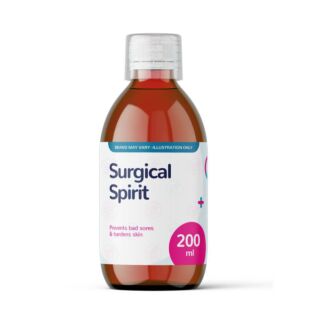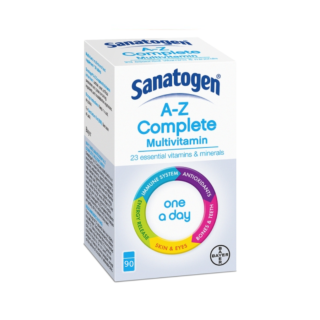General Health
With such busy lives, filled with work, family and friends, staying on top of your general health can take a backseat. If you’re living in the moment, this is entirely understandable. But taking care of your general health is about making decisions now that your future self will thank you for. … Read More See less
Indeed, self-assessed general health is an important indicator of the general health of the population.1 While self-assessed poorer overall health is associated with increased risk of mortality and functional decline.1–3
What is general health?
Of course, nobody wants to get sick. And we can try to prevent it by using products like antibacterial soap, body wash, wipes and antibacterial cleanser. But these only make up a small part of our overall health. Ultimately, to prevent illness in the long run, we need to take active steps to optimise our general health.
So, let’s discuss how you can do this by:
- Eating well
- Sleeping well
- Moving more
- Drinking less
- Quitting smoking
How to eat well
Eating well means eating a wide variety of foods in the right proportions to achieve and maintain a healthy body weight.4
The Eatwell Guide, from the NHS, shows that to have a healthy, balanced diet, people should try to:4,5,6
- Eat five portions of fruit and vegetables a day – for example, one apple, one banana, or a tablespoon of dried fruit (raisins). The fruits and veggies you eat can be fresh, frozen, canned, dried or juiced. Overall, this can lower your risk of heart disease, stroke and some cancers
- Base their meals on high fibre starchy foods – like potatoes, bread, rice or pasta. However, you should choose the wholegrain or wholemeal varieties of starchy foods, as these contain more fibre and can help you feel fuller for longer
- Have some dairy or non-dairy alternatives – dairy foods and non-dairy alternatives, such as cheese, yoghurt and soya drinks, are good sources of protein and calcium. However, you should choose lower fat and lower sugar products where possible
- Eat sources of protein – like beans, pulses, fish, eggs and meat. Protein enables the body to grow and repair itself. In particular, you should aim to eat two portions of fish per week, including at least one portion of oily fish (e.g. Salmon, mackerel)
- Eat less saturated fat – there are two types of fat: saturated (e.g. Sausages, butter, cheese) and unsaturated (e.g. Vegetable oils and spreads, oily fish, avocados). Saturated fat can increase your cholesterol and your risk of heart disease, so you should choose foods that contain unsaturated fat
- Cut down sugar – eating lots of sugary foods can increase your risk of being at a higher weight and developing tooth decay. Specifically, you should cut down on the amount of free sugars you eat, which are added to foods or drinks, or found naturally in honey, syrups and unsweetened fruit juices and smoothies. Naturally occurring sugar in fruit and milk is not free sugar
- Eat less salt – eating too much salt can raise your blood pressure and contribute to developing heart disease or a stroke. To prevent this, you should eat no more than 6g (about a teaspoonful) of salt a day
Check out the NHS website for more information on how to eat well as a vegan or vegetarian.
Top tips to sleep well
Sleep is vital for our minds and bodies – while we sleep, our brains process memories and our bodies heal and grow.7 However, some people can struggle to sleep (insomnia).7 A variety of conditions and circumstances can cause sleep difficulties – find out more in our guide to insomnia.
There are a few habits that can affect your ability to sleep, such as:7
- Working or studying in the evening – avoid this for at least an hour and a half before going to sleep
- Thinking about things you have to do the next day – try to clear your mind and put aside responsibilities before you go to bed
- Napping – avoid napping during the day, as this can make it harder to sleep at night
- Exercising close to bedtime – this can wake your body and mind up and make it difficult for you to fall asleep
- Having too much caffeine – avoid caffeinated drinks within six hours of your bedtime
- Having alcohol close to bedtime – avoid drinking alcohol within four hours of when you plan to go to bed
- Watching a scary film or doing stressful tasks in the evening – avoid anything that will make you feel alert or upset in the evening
- Seeing bright or blue-tinted light before you go to bed – stay away from bright lights and blue-tinted light from tvs, phones, computers, gaming consoles, or tablets in the hour before you go to bed
- Staying in bed if you can’t sleep – if you go to bed but can’t fall asleep after 15 minutes, get up and do something relaxing until you begin to feel sleepy
To help you get to sleep and stay asleep, you should:7
- Set up your bedroom in a way you find comforting and soothing, avoiding mess and clutter
- Make your bed as comfortable as possible
- Keep your bedroom as dark as possible or use a nightlight if you struggle to sleep in the dark
- Keep your bedroom as quiet as possible and use earplugs if necessary
- Keep your bedroom cool and your bed warm
If you wake up during the night, try doing a relaxation exercise or meditation.7 However, if you’re still awake after 20 minutes, get up and do something relaxing, like reading a calming book or listening to music.7
How to improve your fitness
There's strong scientific evidence that being physically active can lower your risk of early death by up to 30% and reduce your risk of:8
- Coronary heart disease and stroke
- Type 2 diabetes
- Bowel cancer
- Breast cancer in women
- Early death
- Osteoarthritis
- Hip fracture
- Falls (among older adults)
- Depression
- Dementia, including alzheimer's disease
However, people are much less active today than they’ve ever been, partly due to the way technology has made our lives easier.8 Many adults spend more than seven hours a day sitting down but people aged over 65 are the most sedentary age group, spending 10 hours or more each day sitting down.8
So, here are some tips to increase your daily activity:10
- Stand rather than sit whenever you can (e.g. Choose to stand on the bus or train, or get off the bus a stop or two early and walk the rest of the way)
- Park further away than you need to, so you have to walk a bit each time you need to drive somewhere
- Take the stairs instead of the lift
- Walk or cycle to places you go to regularly, such as school, instead of driving
- Find a form of exercise you enjoy, as this means you’re more likely to stick with it
- Set a reminder to get up and move every day, even if you just pace around the kitchen while the kettle’s boiling
- Set a daily exercise target and reward yourself when you hit it, for example, by watching an episode of your favourite TV show
- Try getting your friends and family involved so that movement becomes a social activity
All about alcohol
We used to think that alcohol may be good for your heart.11 However, this theory has been put to bed recently thanks to new evidence that indicates there is no safe level of drinking.11
These days, we know that drinking regularly for 10 to 20 years is associated with a higher risk of illnesses like:11
- Mouth cancer, throat cancer and breast cancer
- Stroke
- Heart disease
- Liver disease
- Brain damage
- Damage to the nervous system
If you drink regularly, you can keep the health risks to a minimum by:11
- Not drinking more than 14 units a week on a regular basis
- Spreading your drinking over 3 or more days
- Having several drink-free days each week
If you want to cut down:12,13
- Set an alcohol limit that you don’t go over
- Create an alcohol budget, so you stop drinking when you run out of money
- Let your family and friends know that you’re cutting down and why it’s important to you
- Reduce the amount you drink by a small amount each day, rather than all in one go
- Buy smaller drinks (e.g. Buy a bottle of beer rather than a pint)
- Choose lower strength drinks, so you can drink the same amount while reducing the amount of alcohol you have
- Alternate alcoholic drinks with non-alcoholic drinks, so that you stay hydrated
- Don’t give up (e.g. If you don’t like the taste of lower strength drinks, try others until you find one you do like)
How to quit smoking
Smoking is extremely harmful to people who smoke and the people around them.14 There is no safe level of smoking or being exposed to smoke.14
The best way to quit smoking is by using specialist help, such as a local stop smoking service, and stop smoking treatments together.15 You’re also more likely to be successful with the support of friends, family, and your doctor or stop smoking adviser.15
There are several treatment options to help you stop smoking:15,16
- Nicotine replacement therapies – patches, gum, sprays, lozenges, inhalators
- Stop smoking medicines – bupropion (zyban), cytisinicline (Cytisine), varenicline (Champix)
- E-cigarettes (vaping) – e-cigarettes can help you to quit smoking and are less harmful than smoking tobacco, but they are not risk-free
- Complimentary therapies – acupuncture, hypnotherapy, meditation
Sources
- https://digital.nhs.uk/data-and-information/publications/statistical/health-survey-england-additional-analyses/ethnicity-and-health-2011-2019-experimental-statistics/general-health
- https://pubmed.ncbi.nlm.nih.gov/7091475/
- https://pubmed.ncbi.nlm.nih.gov/7583813/
- https://www.nhs.uk/live-well/eat-well/how-to-eat-a-balanced-diet/eating-a-balanced-diet/
- https://www.nhs.uk/live-well/eat-well/how-to-eat-a-balanced-diet/eight-tips-for-healthy-eating/
- https://www.nhs.uk/live-well/eat-well/food-guidelines-and-food-labels/the-eatwell-guide/
- https://www.nhsinform.scot/illnesses-and-conditions/mental-health/mental-health-self-help-guides/sleep-problems-and-insomnia-self-help-guide/
- https://www.nhs.uk/live-well/exercise/exercise-health-benefits/
- https://www.nhs.uk/live-well/exercise/why-sitting-too-much-is-bad-for-us/
- https://www.nhs.uk/better-health/get-active/how-to-be-more-active/
- https://www.nhs.uk/live-well/alcohol-advice/the-risks-of-drinking-too-much/
- https://www.nhs.uk/live-well/alcohol-advice/tips-on-cutting-down-alcohol/
- https://www.nhs.uk/better-health/drink-less/
- https://www.shsc.nhs.uk/service-users-and-carers/smoking-advice
- https://www.asthmaandlung.org.uk/living-with/stop-smoking/quit#:~:text=The%20best%20way%20to%20quit%20smoking%20is%20by%20using%20specialist,NRT)%20or%20e%2Dcigarettes.

Free delivery when you spend over £39

100% discreet delivery for every item ordered

Fully regulated UK pharmacy

